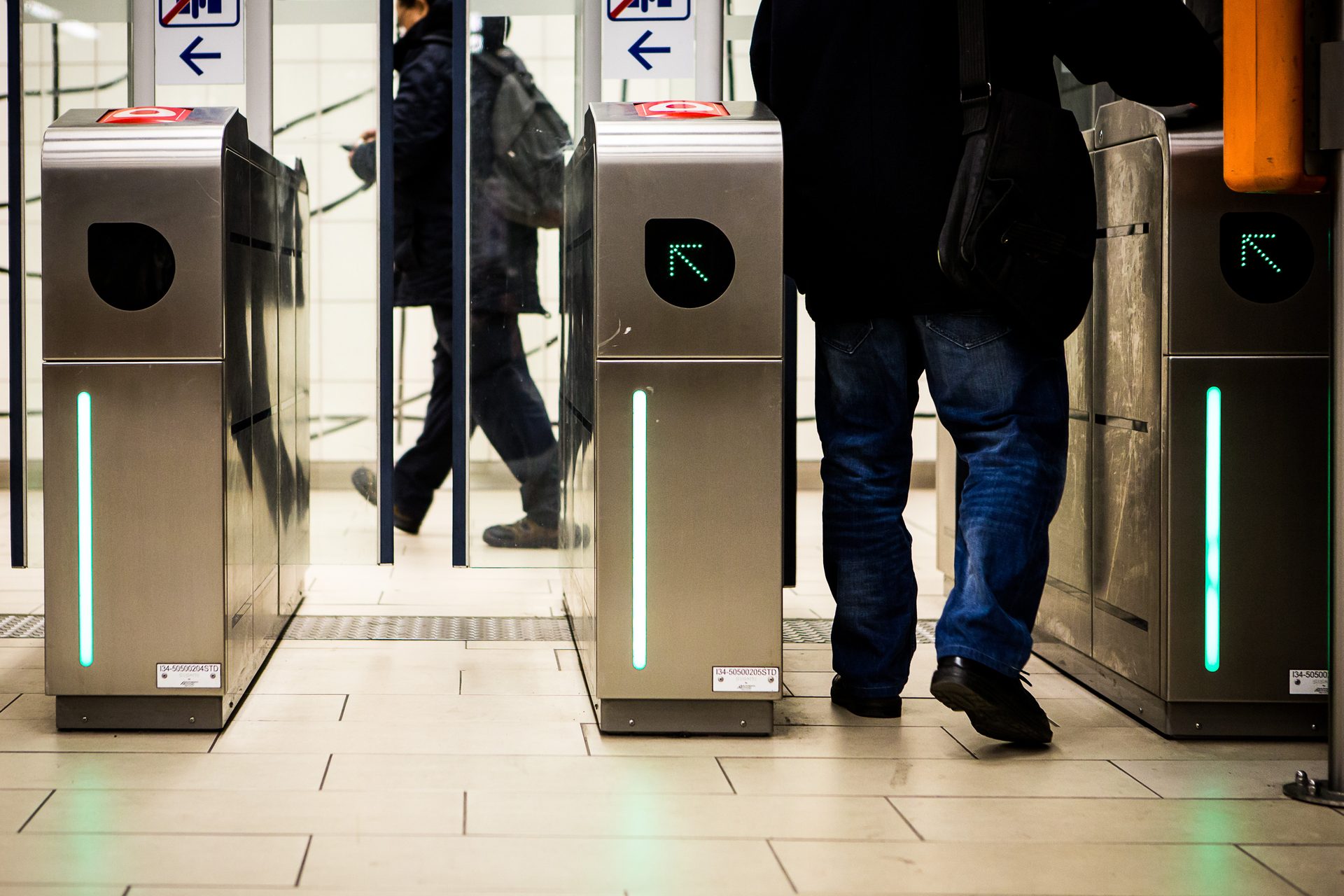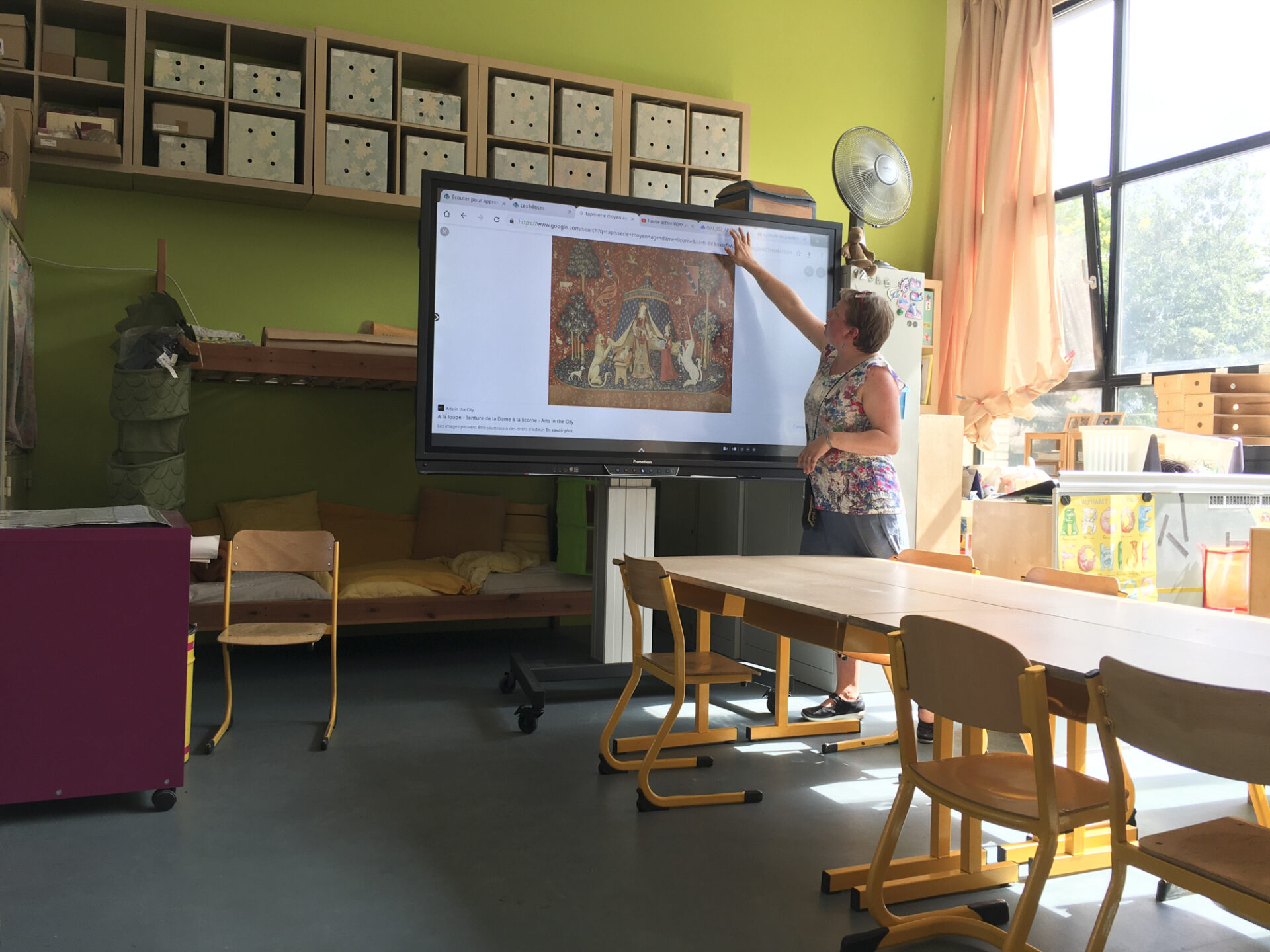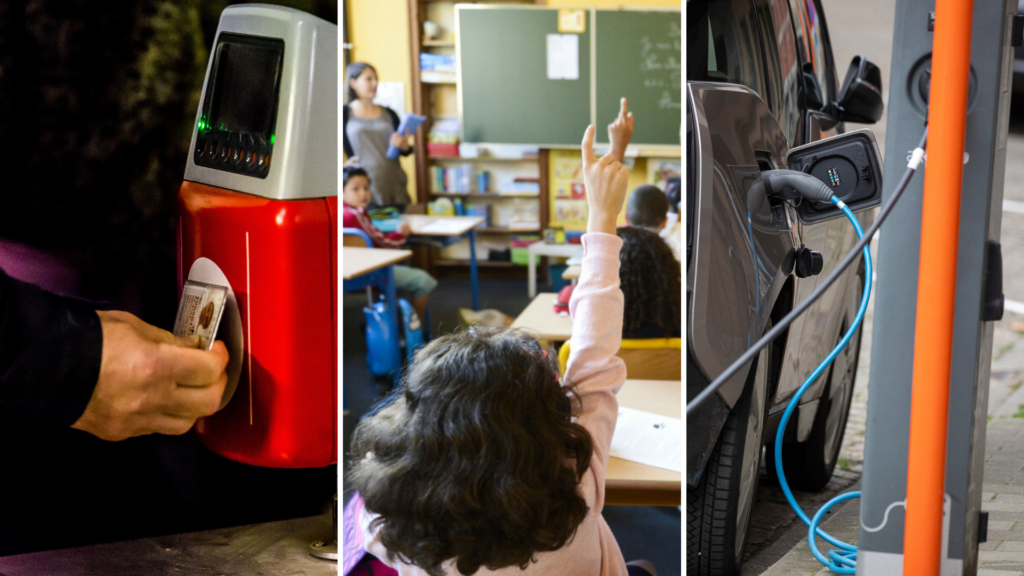A new month in Belgium is synonymous with new rules being introduced (or in some cases in September, past measures coming to an end). Fines for late car inspections, new rules on disciplining children in school and tax rebates on electric vehicle charging stations, find out what changes from Sunday 1 September.
Transport and mobility
Brussels public transport operator STIB is increasing its prices from 1 September. The changes only apply to newly bought (season) tickets: those bought before 1 September remain valid.
A single ride via contactless payment now costs €2.20, an increase of €0.10, while one ride with a paper ticket costs €2.70. A day ticket, at €8, is €0.50 more expensive – this is also the maximum daily fare with contactless payment. The ticket to Brussels Airport, the so-called "Airport2City ride" costs €7.50, a mark-up of €.50, while a paper ticket costs €8. A ten-ride airport ticket is €3.20 more expensive, rising to €49.20.
The cost of one Brupass ticket (also valid on SNCB trains, as well as De Lijn and TEC in Brussels) is now €2.60 (+€0.20), while the ten-ride version of this ticket has gone up from €16.80 to €18. The price of one Brupass XL (valid in the Brussels Zone and 18 stations around the region) ride is now €3.50, up by €0.30, while the ten-ride pass is now €24.50, up from €22.40.
The biggest price hike will be felt by people buying a monthly season ticket (€52 instead of €49) and the annual season ticket (€520, up from €499). Preferential fares will not change: the school season ticket and the season ticket for young Brussels residents still cost €12 per year.

Person validating their ticket and walking through the gates at a Brussels metro station. Credit: Belga/Siska Gremmelprez
Everyone who is late in getting their cars inspected, even if it is by just a few days, has to pay a fine of €9.80. In June last year, the fine was temporarily removed for people who were up to a month late because of long waiting times at the inspection centre. But these have now reduced significantly, meaning the exception is no longer necessary. Car owners who are six months late for the inspection could pay up to €35.
All airports in the EU will reintroduce stricter security rules for liquids and gels in hand luggage. These were relaxed in some airports for luggage checked with CT scanners. However, the reliability of those scanners is being questioned, putting the new rules on hold pending vetting. This means that travellers across the entire bloc will again be limited to 100 millilitres of liquids, packed in one transparent plastic bag, with a maximum volume of one litre. At Belgian airports, the old rules were still in force, meaning nothing changes.
From 1 September, the tax rebate provided to people who installed a charging station for an electric car at home will completely disappear. The Federal Government first unveiled the tax benefit in 2021, in order to achieve a greener car fleet by increasing the charging infrastructure for electric cars in Belgium. The measure was systematically phased out to encourage people to invest quickly, going from a 45% tax rebate until the end of 2022 to 30% by 2023. Until 31 August this year, it was halved to 15%.
Flemish public transport operator De Lijn will adjust its offer in the various provinces, except in Limburg. De Lijn's offer was already adjusted at the beginning of the summer holidays, on 1 July, but Monday marks the first time several school runs will be altered in practice. The company is also cutting or changing its general offer in West Flanders, Flemish Brabant and Antwerp. However, De Lijn stressed it is only temporarily reducing the number of rides on routes where there are already many buses. Popular lines and school runs will not change.
Back to school
As Belgium's education system is run by the language communities, these changes are area-specific. In French-speaking education, pupils returned to schools on Monday 26 August, and its changes came into force on this date. Dutch-speaking schools will restart on Monday 2 September, meaning new rules here will come into force from this month.
New rules around disciplining children will be applicable from this school year. Until now, a regulatory framework on two freedom-restricting disciplinary measures – isolation and physical restraint – was lacking in the education sector. From this school year, however, the law states that teachers can only resort to these tactics in situations where a pupil endangers other pupils or teaching staff.
The school must keep a record of any time children were dealt with in this way and discuss it with parents. Schools with isolation rooms must meet certain requirements: it must always be safe for the pupil and a staff member should be contactable at all times. Using the measures as punishment is prohibited.
Pupils in "Vocational Secondary Education" (BSO) – one of the four systems in Dutch-speaking education (that is strongly practice-oriented so students can pursue a profession immediately after graduating) will no longer get automatic entry to the third year at the age of 15. The approval of the class council is now needed.
The right to the lowest childcare rate has been extended to all mothers in secondary education. Previously, only minors in secondary education were entitled to this benefit, but now, adults who haven't completed secondary education by the age of 18 can also enjoy it. The measure aims to curb school dropouts.

A teacher in a school in Flanders. Credit: Belga/ Morgane Berger
Another measure limited to Flemish schools applies to teachers. From Sunday, a school can temporarily appoint a prospective staff member with a non-Belgian degree before their foreign degree is recognised. They must, however, have already submitted a valid application to the government for the equivalence of this degree to NARIC-Vlaanderen, which examines and assesses the authenticity of foreign study certificates.
Until the foreign diploma is recognised, the staff member will receive a salary based on the lowest salary scale for that position until the diploma is recognised, after which the contract switches to a full-fledged appointment and the staff member receives a regularised salary. If the diploma is not recognised, the temporary appointment ends.
People who want to work in this sector must be able to prove their competence for certain positions with a certificate of competence, and the Flemish Government has added some new diplomas as required proof of competence to work in education, making the teaching profession more accessible.
Other changes
Belgian gambling rules are becoming much stricter with an age limit of 21 years now being introduced. For National Lottery lottery games and scratch cards, the age limit remains at 18, but its betting games can only be played from the age of 21 onwards.
A ban in principle on gambling advertising will also come into force, more firmly enshrining the general ban in place since 1 July 2023 in the law. Specifically, this means that all gambling advertising is banned, and exceptions can be provided via a royal decree. Until now, the reasoning was the other way around: what was prohibited was listed in a royal decree. "Bonuses" or other gifts handed out to get players to gamble (again) are also prohibited.
In Brussels, new standards for care homes will come in from Sunday. The main aim of the new standards is to implement a cultural change in the hosting, guidance and care of elderly residents. This will be done by opening up the institutions to the surrounding neighbourhoods, and vice-versa.
This change will "improve the quality of life and care for the elderly" in homes and harmonise the various accreditation standards. Concretely, it will involve new action plans, additional staff training and new obligations, particularly for equipment and infrastructure.

